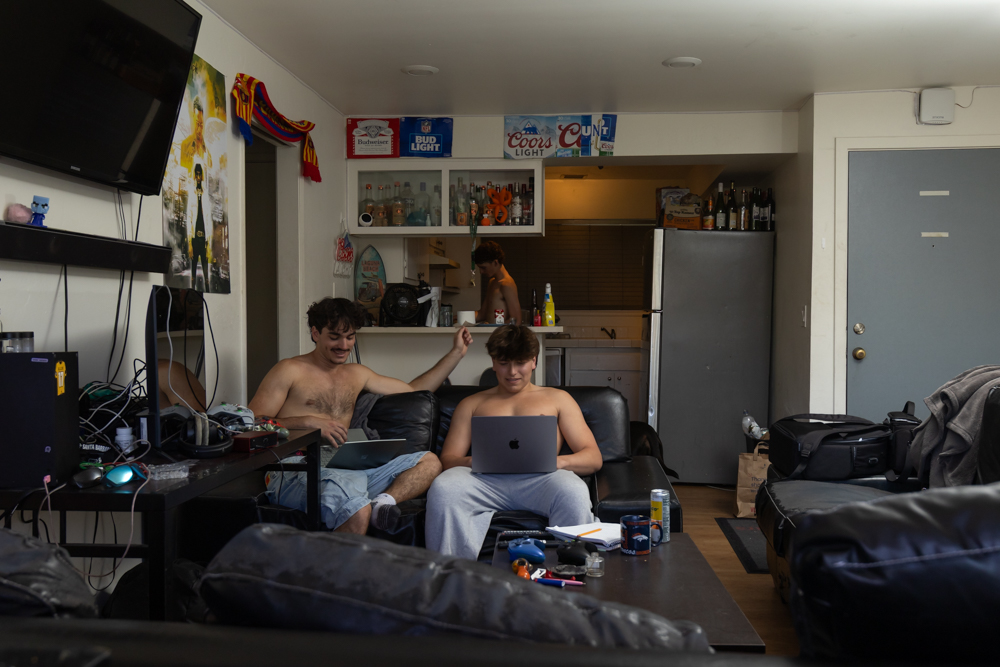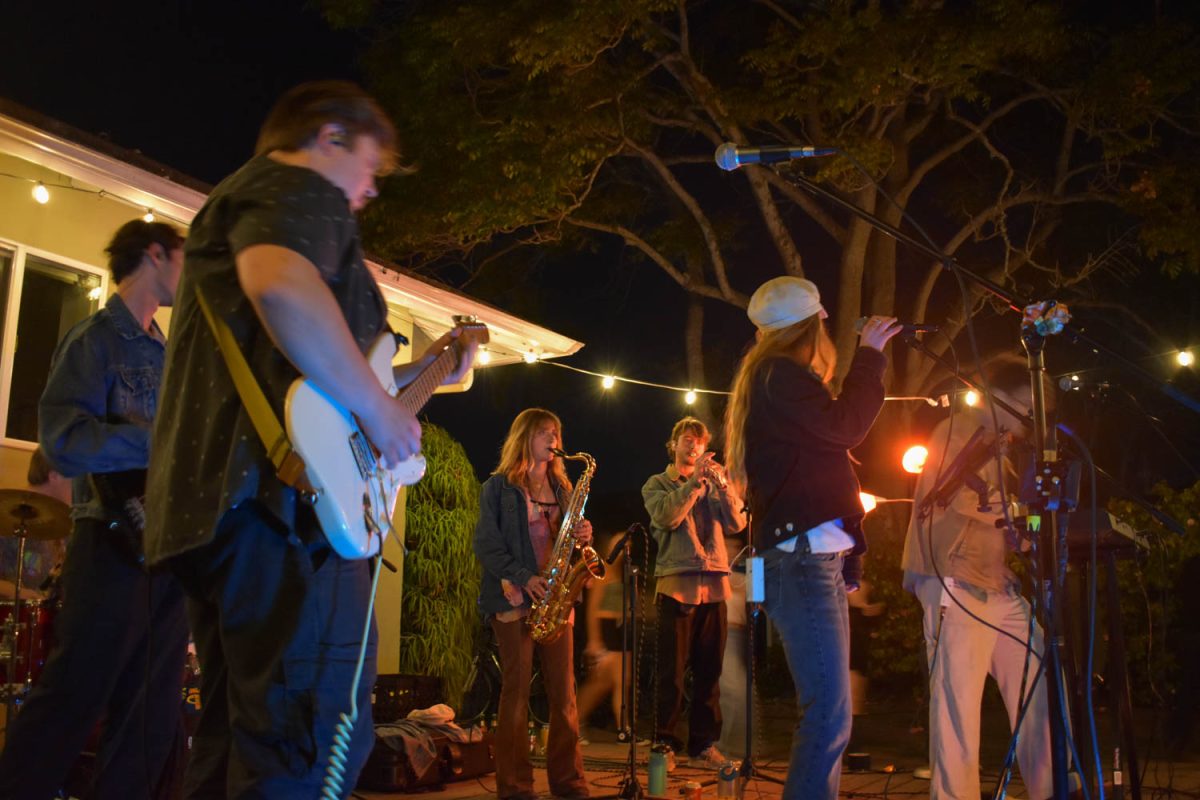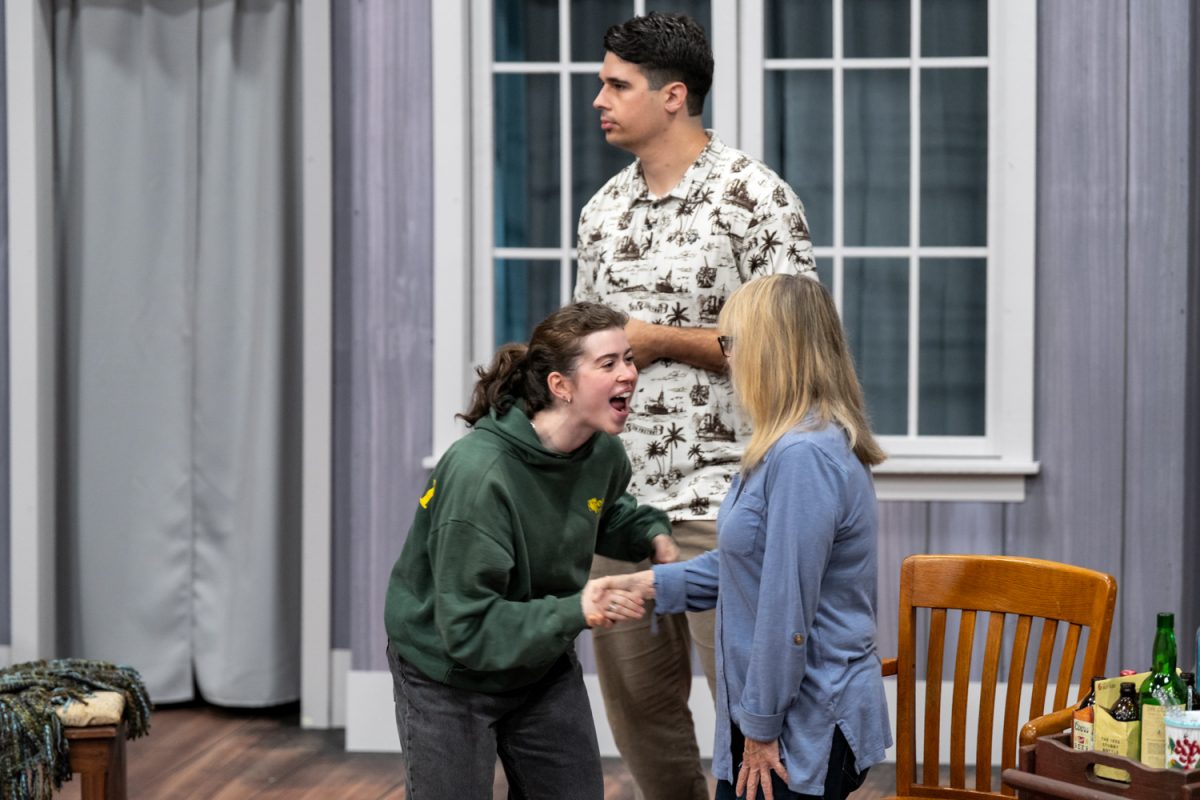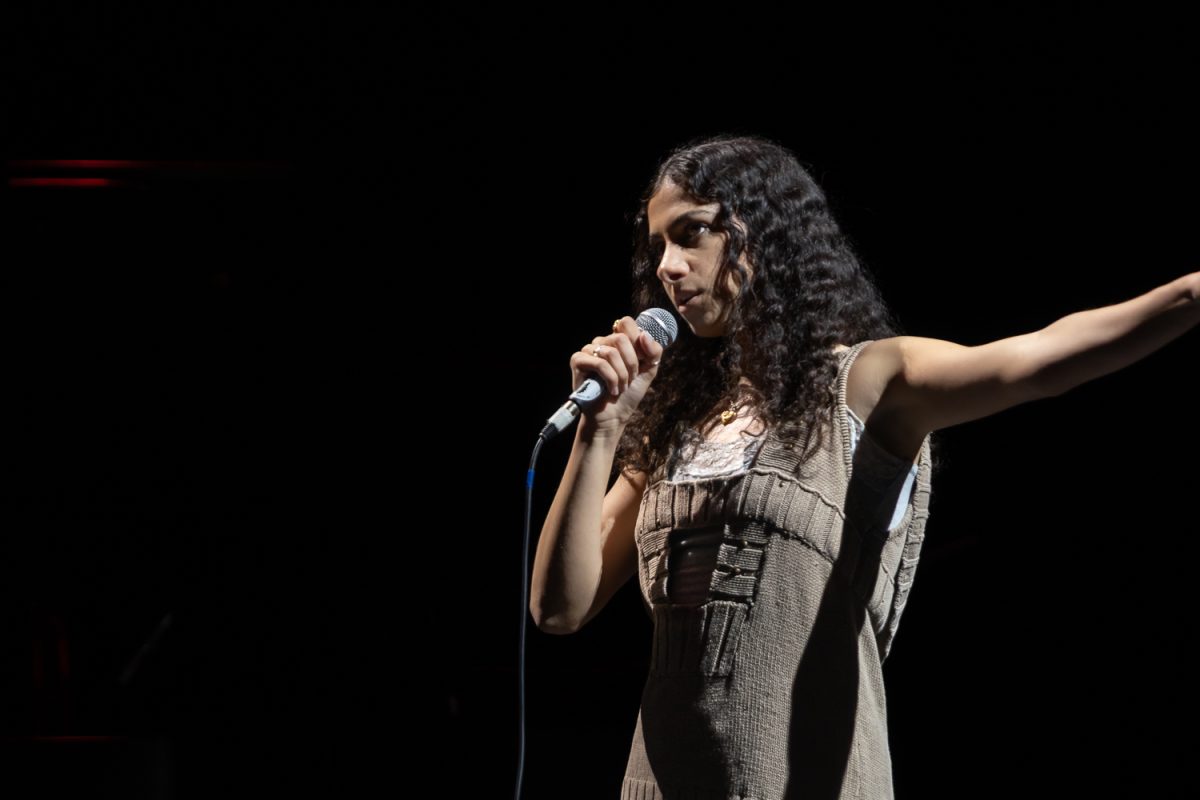Denea Joseph immigrated to the United States from Belize when she was seven years old.
However, Joseph would not confront the ugly reality of the treatment of undocumented immigrants in America until her junior year of high school.
Joseph, who refers to herself as an “undocumented, black DACA recipient,” lectured about her experiences Thursday in the Business-Communication Center Forum.
“I was told that I could not go to a 4-year institution,” said Joseph, a graduate of UCLA.
Joseph had to drive two hours every day from South Los Angeles to Westwood because of the low funding for undocumented students.
She said being involved in her school’s student government helped her get her story out.
“I found power in the student government,” Joseph said. “They told me that enough is enough.”
Joseph is now is a part of the UndocuBlack Network, a multigenerational network of undocumented black people who strive to inform people about their rights and create a safe space for members.
“If you have immigrated from Europe, you don’t get called an immigrant,” she said, explaining that people from Latin countries often face more discrimination than their European counterparts.
She added that deportation rates in America have risen in recent years.
“We are living in very uncertain times, with a maniac in office,” Joseph said. “Things could go any way in any which day.”
She gave an example of a man who was deported from America to Morocco.
“This person wasn’t from Morocco, this person was from another part of the African continent,” Joseph said. “[The airline] dropped him off and he was told to fend for himself.”
According to Joseph, he was supposed to be sent back to Mauritania, a country that still engages in a form of slavery.
“These things are happening in plain sight, and that is even scarier,” Joseph said.
Joseph showed the audience slides of how educators and administrators can help undocumented students.
“We need to extend the legal resources for parents and family members of students,” she said, explaining that many of the students are first-generation Americans.
Paloma Arnold, director of Extended Opportunity Programs and Services, together with the Associated Student Government invited Joseph for the undocumented student week of action.
“We have some undocumented in the community and we want them to feel safe,” Arnold said about the importance of the lecture.
As the lecture came to an end, she had one message to share with undocumented community members.
“You belong, and we are here to stay,” Joseph said.


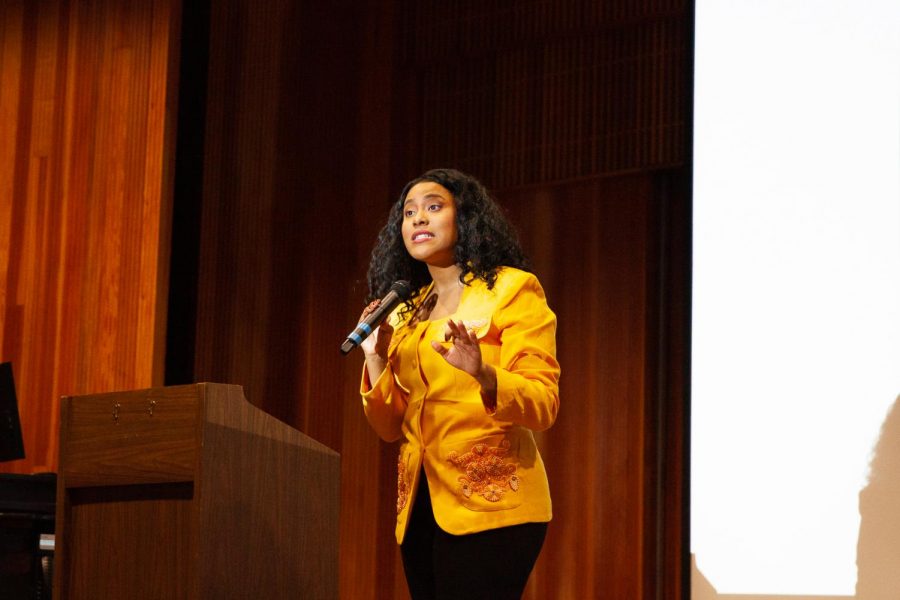
![Milton Alejandro Lopez Plascencia holds a flag showcasing the United States and Mexico on Feb. 7 in Santa Barbara, Calif. “It’s heartbreaking to see what is happening all across the country,” Lopez Plascencia said. “I [want] my voice to be heard by the community.”](https://www.thechannels.org/wp-content/uploads/2025/05/MGSImmigration-1-1200x800.jpg)
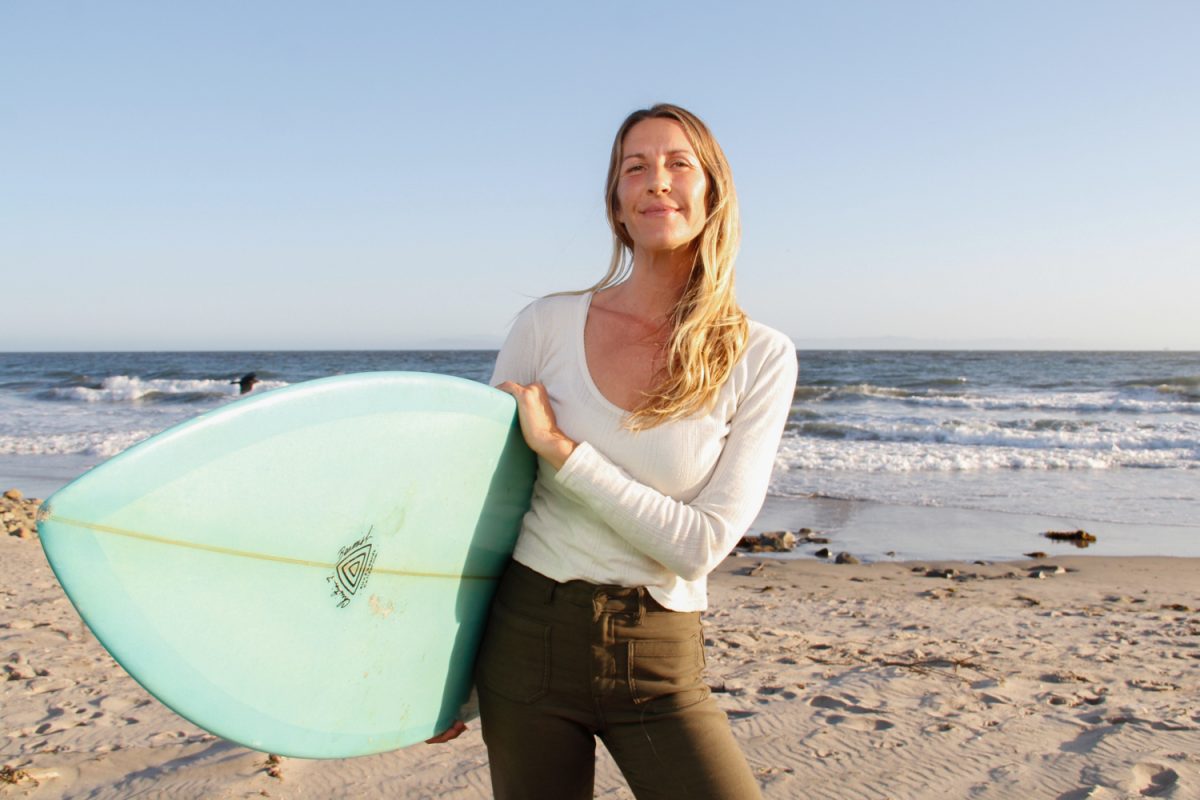

![The new Dean of Social Science, Fine Arts, Humanities and English, Eric Hoffman beams on May 2 in Santa Barbara, Calif. "My major professor in college [inspired] me," Hoffman said. "You can really have a positive impact on people's lives in education."](https://www.thechannels.org/wp-content/uploads/2025/05/MGSHoffman-2-1200x800.jpg)
